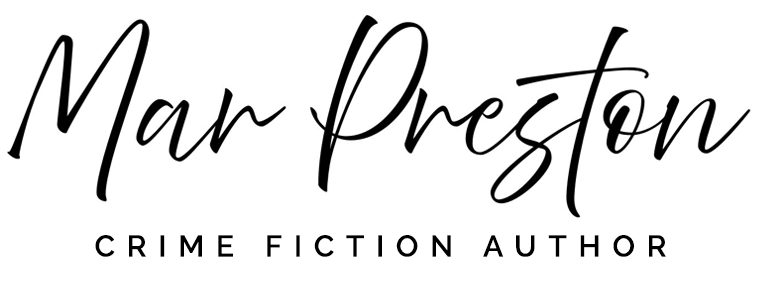Writers with more than one publication seldom work alone without help from a critique group, a writing partner, or a paid editor. This means they are sharing their Work In Progress (WIP) or completed drafts with peer reviewers. Good writers will acknowledge that feedback from an impartial viewer can spot loose ends, plot holes, sentences and even paragraphs that flap like a flat tire.
Other lucky writers have an in-house partner or best friend who is that impartial reader who can give feedback on the WIP. But often people who love you can’t articulate how to fix a particular fault in a manuscript. Other writers can.
Often successful writers will workshop WIPs through a critique group. The most useful group in my case are fellow crime fiction writers. Poets, memoir or screenplay writers operate with different rules and structure.
Usually members send around an agreed upon amount of pages by email in the week before the meeting. Reading aloud pages at the meeting is not as useful as printing out that week’s submission and returning it with comments marked up on the page. When you’re reading your own work you can add inflection and meaning that may not lie there on the page. Plus you need a moment to reflect before opening your mouth and offering opinions on what you just heard.
The best critique groups are small and composed of your peers who are writing at your level. You don’t want to be the beginner in a group of seasoned pros.
Your role is to help group members write well. Their goal should be to help you write the book you want to write. Take care not to rewrite your work according to the strongest voice in the group, or the most published member. Record comments so you can listen later. If you’re anything like me, you stew over the negatives and forget all the positive things that were said.
A bad critique group can sabotage you to the point you want to go home and drown yourself. Don’t commit yourself to a new group right away. Be very careful who you entrust your work (your heart) to. Listen to how members give feedback. Is it kind? Is it helpful? God knows it’s hard enough to write without some mean-spirited hack sniping at you out of jealousy.
Editing and writing are separate skills. The best writer may not give the most helpful feedback, or may not be able to articulate weaknesses in your writing, and more importantly, how to fix them. If you want to get more from your group, give more. Read each submission carefully and give it all the time you can afford.
If you catch yourself saying, “My critique group loves it. I’m not changing anything,” watch out. Your critique group is not every reader. For that you need precious beta readers. Anyone you can hornswoggle into doing this is valuable to some extent. Beta readers are fans of the genre you write in and willing to read the entirety of your best first draft. They are somewhat similar to your critique group members, but your critique group may have read Chapter IV seventeen times. Beta readers have fresh eyes.
It’s not easy finding the right critique group or partner. Personalities, writing styles, and time commitments get in the way. Applying seat of pants to chair for the long periods of time necessary to write well is a lonely enterprise. Letting the right people into your writing life can ease the I Wonder Why I Bother syndrome.
What are your experiences with a critique group or with beta readers?



I couldn’t operate without my critique group–I consider them my first editor.
I really wish I could find one. I also wish you weren’t just a little too far away, Marilyn. I haven’t had much luck in forming one.
I have to reach far back to remember a really good one. Then, dammitall, I got a crush on one of the members and ruined it for myself.